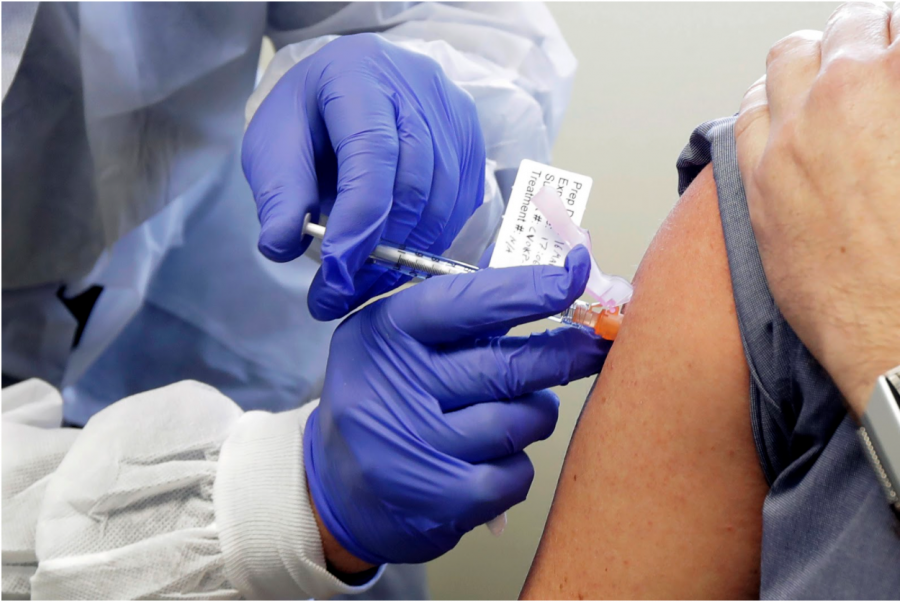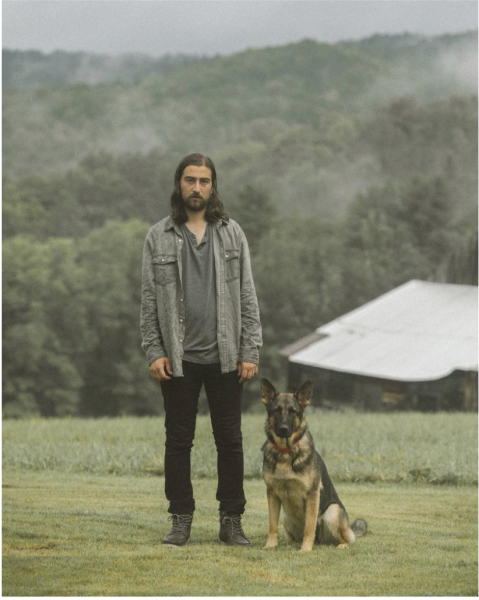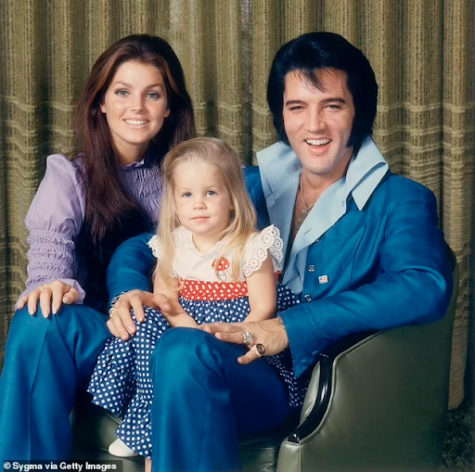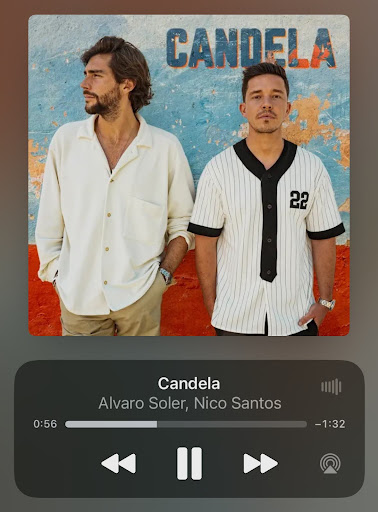The Race to Vaccinate
March 7, 2021
On February 22, 2021 the United States surpassed another deadly coronavirus milestone. The country recorded 500,071 deaths related to COVID-19, according to data released by Johns Hopkins University’s Coronavirus Resource Center. The U.S. leads the world in coronavirus-related deaths and is the location for 20.3% of the world’s 2.47 million deaths related to the disease, also according to Johns Hopkins University. However, there is good news. In December of 2020 the Food and Drug Administration (FDA) approved two vaccines that are highly effective in preventing the disease. These vaccines, produced by the pharmaceutical companies, Moderna and Pfizer, require two shots to be fully effective. A third pharmaceutical company, Johnson & Johnson, has another vaccine that was recently approved for distribution by the FDA. This third vaccine will help to relieve the demand and ultimately save more lives. In addition, the Johnson & Johnson vaccine requires only one dose, meaning that people need not try to find doses twice. Humanity is, indeed, in a race to vaccinate against this deadly virus.
Dampening this good news is the frustration that supplies of the vaccine are limited and factors such as punishing winter storms have hampered the delivery of doses that have been manufactured. So people across the United States and the world await their opportunity to be inoculated. The race to vaccinate has added intensity because new variants of the COVID-19 virus are mutating and those strains may prove to be resistant to the vaccines. Vaccinating people will largely eradicate the virus and will drastically reduce the chances of new strains.
The methodology used to vaccinate citizens has been left to the individual states. In New Jersey, citizens are required to register for the vaccine. Vaccines are currently being administered at “mega-sites” such as the Meadowlands Racetrack in East Rutherford, as well as in local hospitals. Vaccines are also being delivered to pharmacies such as CVS and Walgreens. Everyone can register for the vaccination but the registrant is required to be eligible before they are allowed to confirm an appointment time and place for the inoculation. New Jersey is taking a phased approach on eligibility. So far, New Jerseyans eligible are healthcare workers, residents and workers in long-term facilities, first responders such as police, people over sixty-five, and people ages sixteen to sixty-four with medical conditions such as cancer and heart problems that are at great risk if they contract the virus.
The eligibility is not without controversy, however. For instance, smokers ages sixteen to sixty-four are now eligible to receive the vaccine and many have complained about their inclusion. In addition, teachers are not eligible yet to receive the vaccine. Governor Murphy has stated that teachers will be in the next group to be eligible for the vaccine, but many complain that they should be eligible much earlier. They argue that teachers are in contact with many people, risking their exposure to COVID-19, and that if schools are expected to remain open, that teachers should be protected.
President Biden has stated his hope that every United States citizen should be able to receive a COVID-19 vaccine by the end of July. However, relevant to the Ramapo High School community, vaccines are restricted by age. The Pfizer vaccine may only be given to people who are sixteen and above and the Moderna vaccine is limited to people eighteen and over.
As the United States races to vaccinate as many citizens as possible, there is a segment of the population that will not take the vaccine, even when they are eligible. There is no requirement that people must take the vaccine.
In an effort to keep citizens informed of the phases and eligibility requirements, New Jersey has established a “COVID-19 Information Hub” at covid19.nj.gov and a vaccination hotline at 855-568-0545.
The race between the disease and administration of the vaccine continues and will do so for the foreseeable future.






